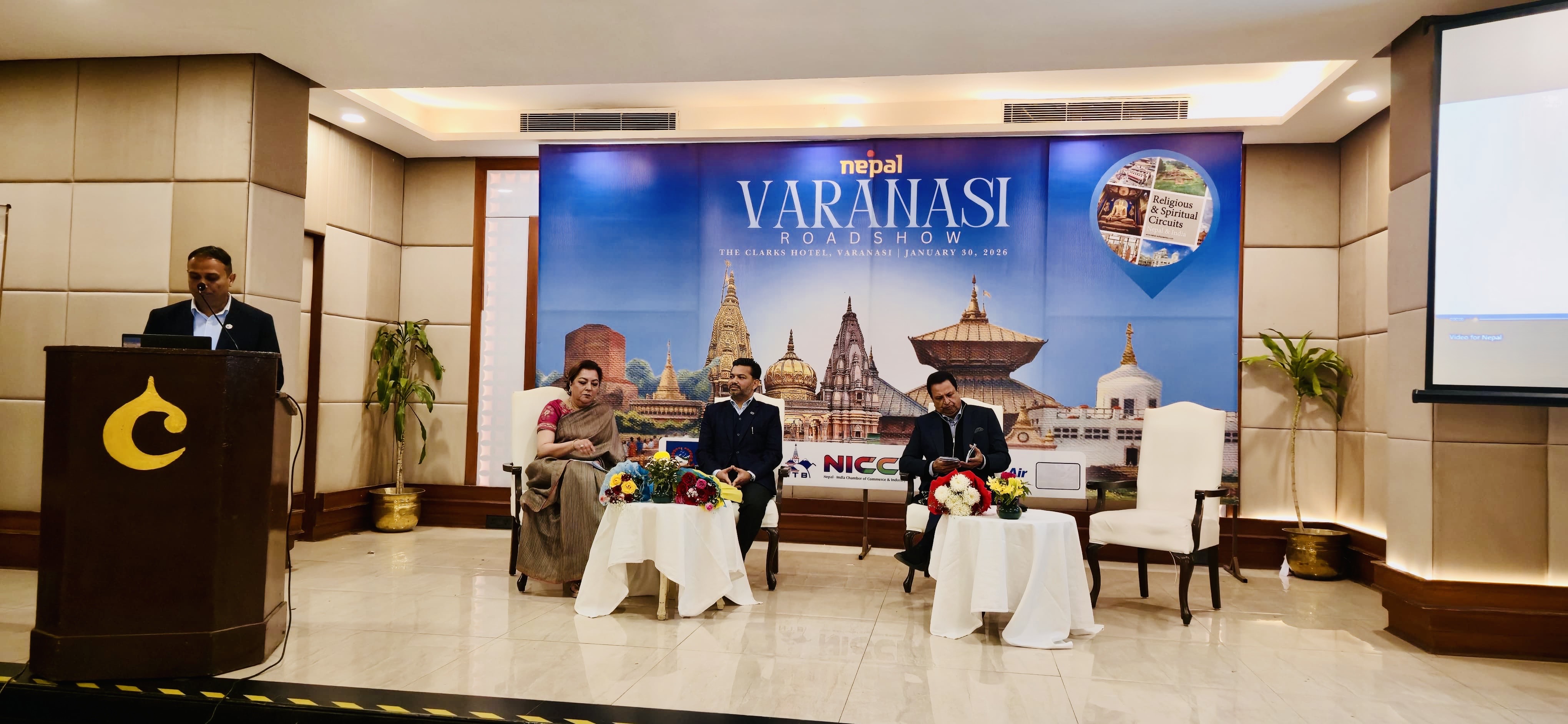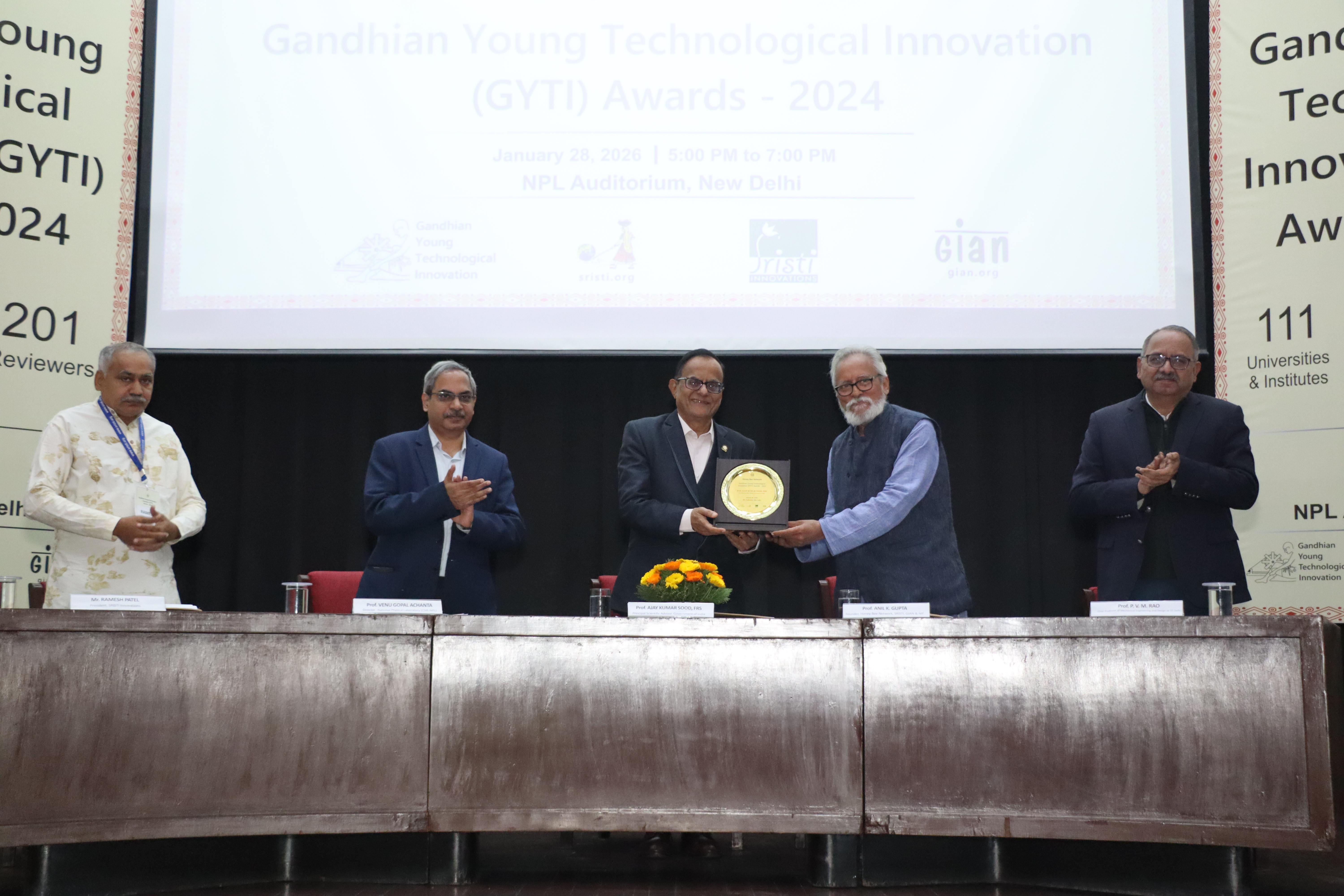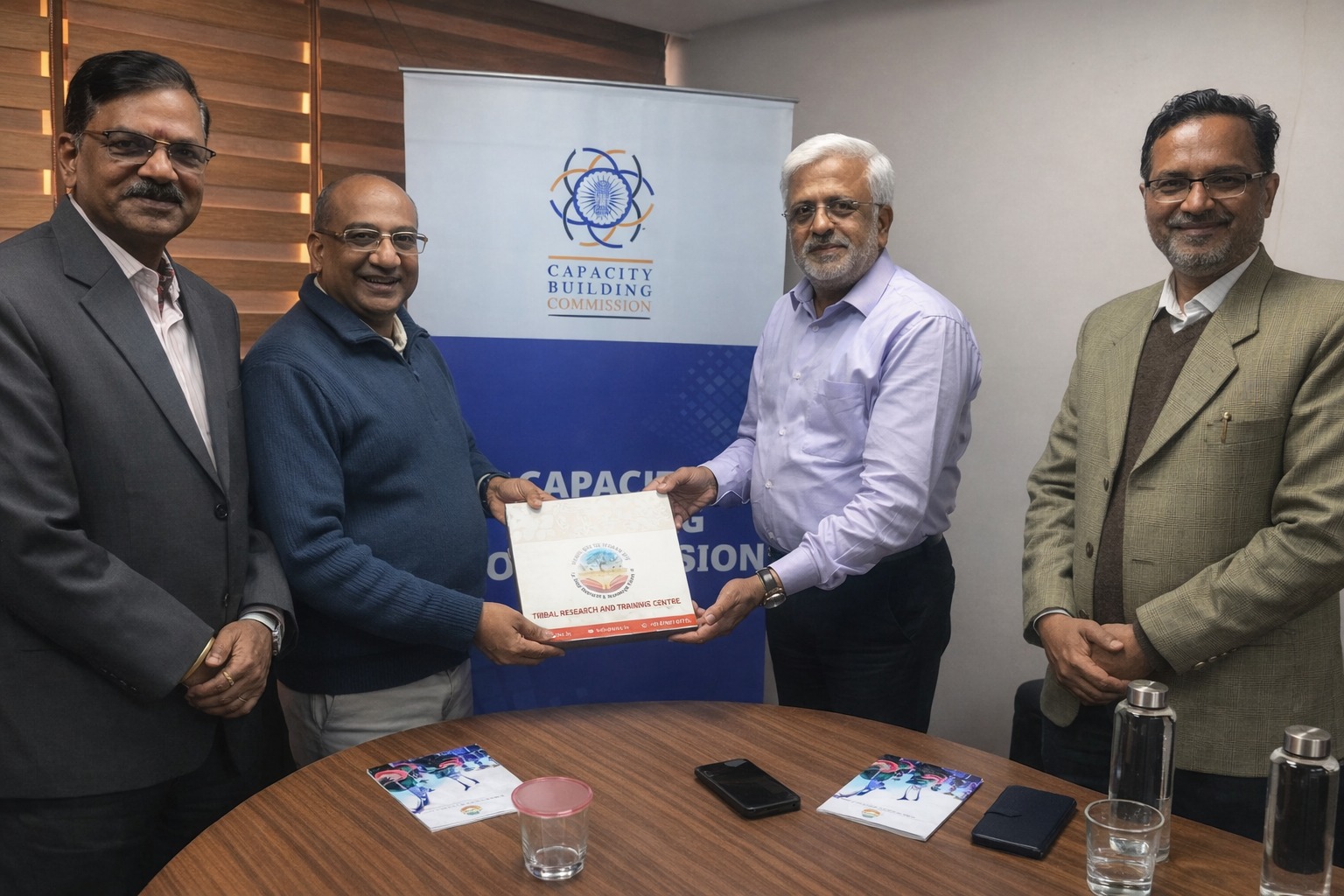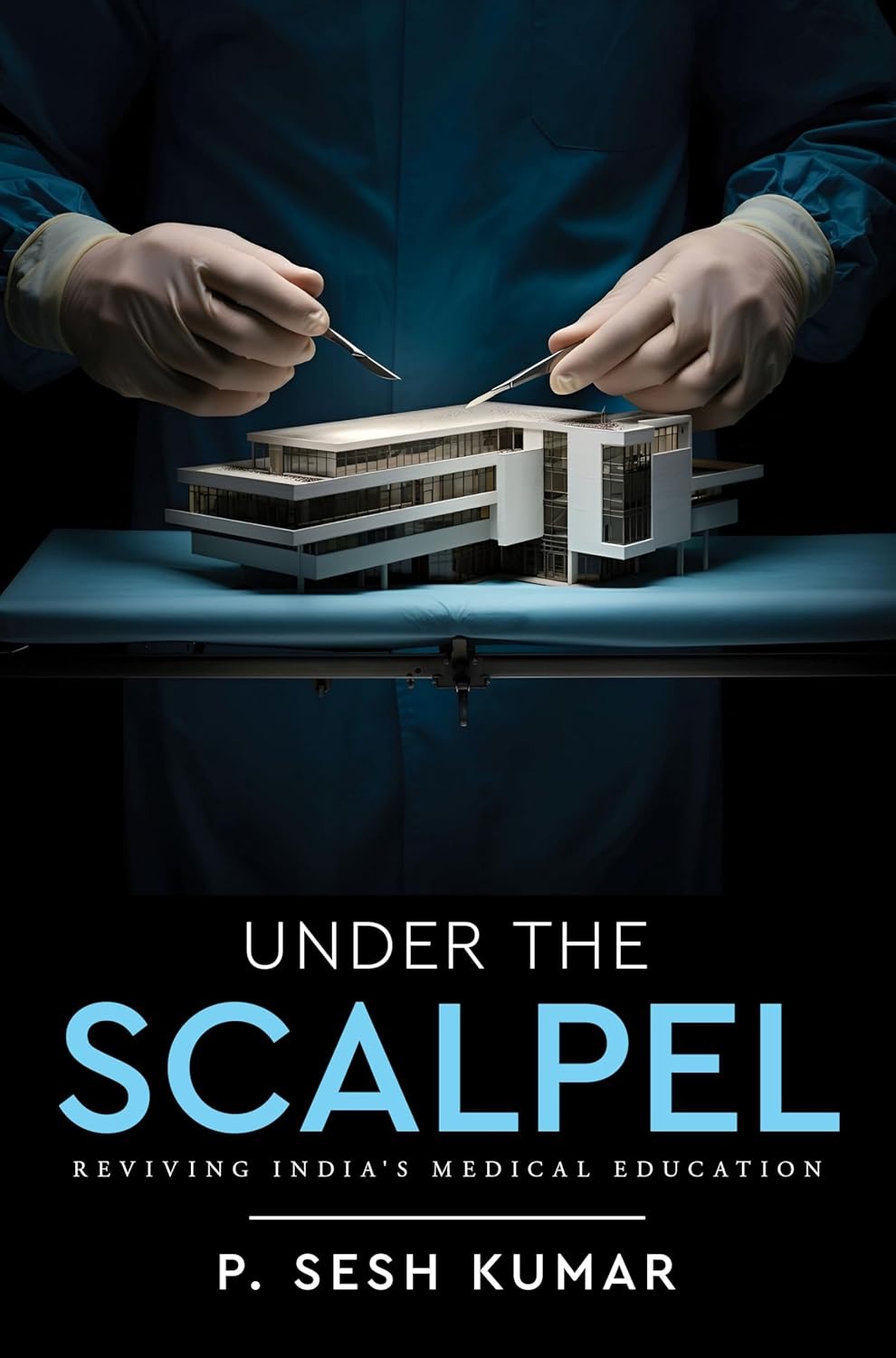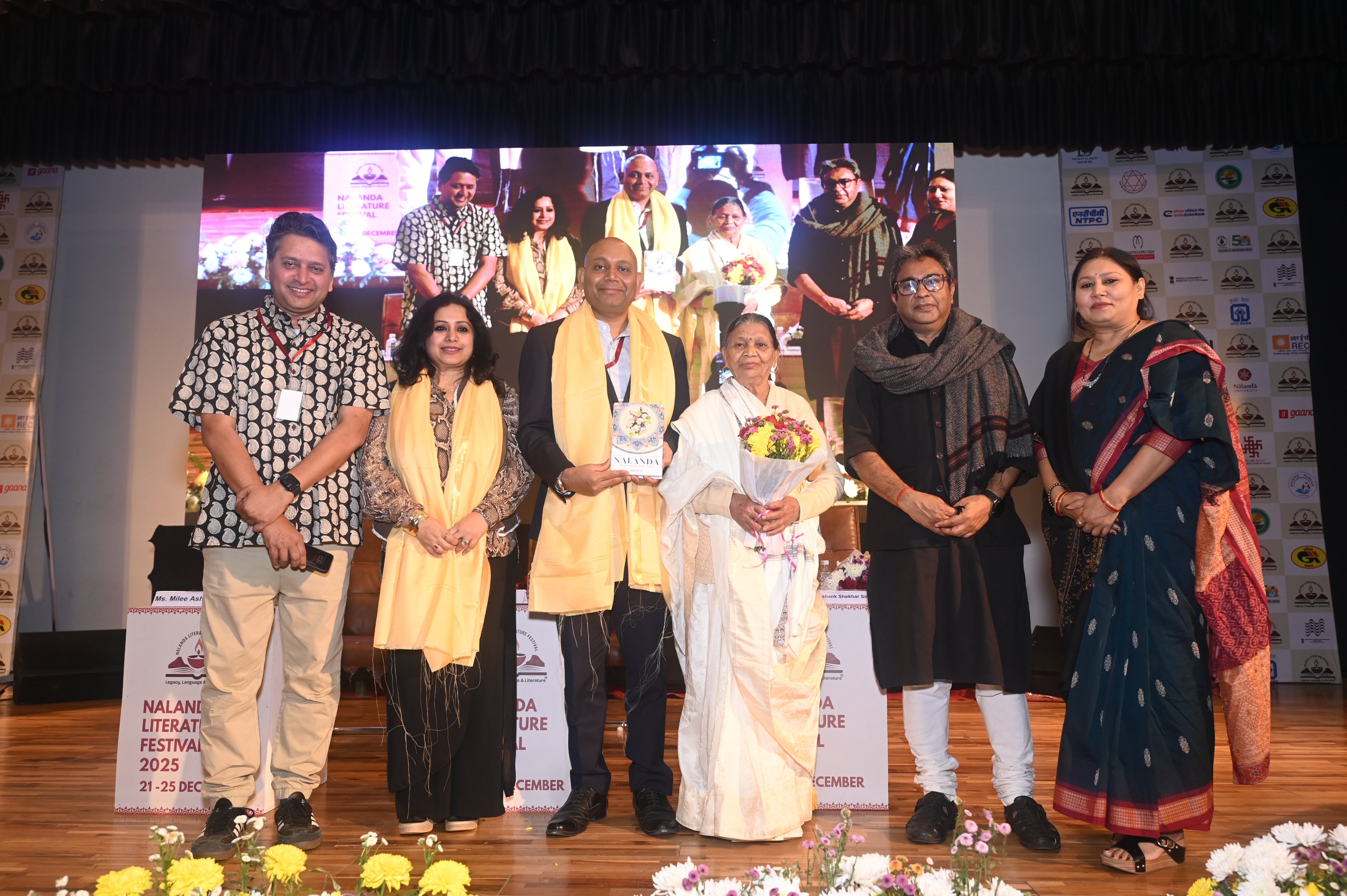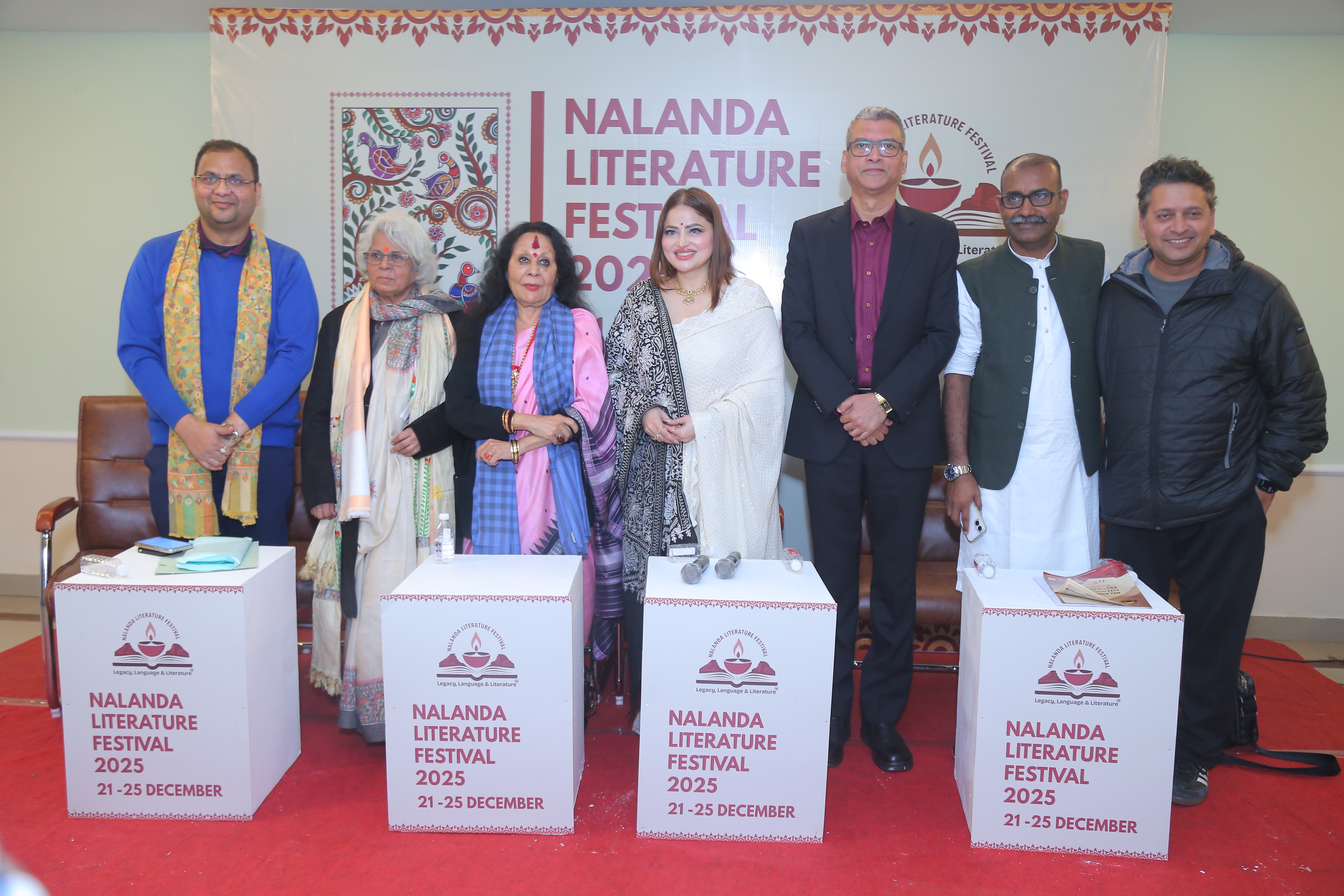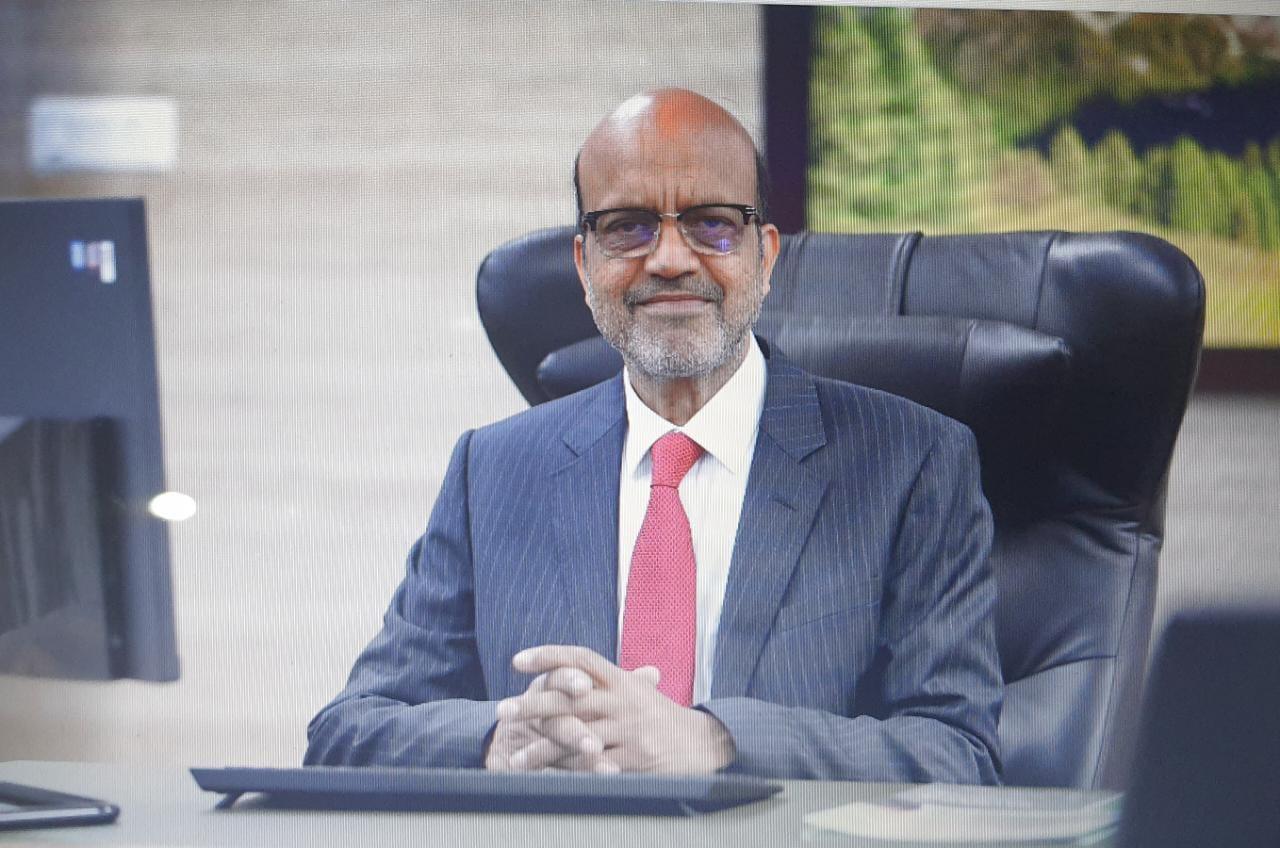 Dr GD Agrawal, CMD of G Surgiwear Ltd
Dr GD Agrawal, CMD of G Surgiwear Ltd
The single-most critical ingredient that makes a successful leader is passion. Without passion, a leader might succeed in managing an organisation but he can never succeed in inspiring a large number of workforce working under him to manufacture niche medical products.
Unlike in art, where individual passion is enough to attain excellence; but managing an organisation comprising scientists and 800 workers and inspiring them to manufacture more than 500 medical equipment and products requires the leader to be able to infuse his whole team with that same passion.
This is the intrinsic quality of Dr GD Agrawal as he shares his passion for exploring new and creative ways to manufacture medical products; which, after making in-roads to a large number of hospitals both in India and abroad, save people at large from the clutches of death and disabilities.
A team of scientists led by senior scientist Nitin P Varma (PhD research scholar from IIT (ISM, Dhanbad) and a majority of 800 workers with whom this writer interacted vouched for the fact that we at G Surgiwear Ltd are fortunate enough to have a man with tenacity of purpose and providing employee-oriented working environment with caring attitude in the form of Dr Agrawal as CMD.
His courage of conviction is all too obvious from the fact that after completing his Master in Surgery degree in the discipline of general surgery from Lucknow-based King George Medical College, he practised as General -Surgeon for a brief period during which he felt a dire need for manufacturing patient-friendly medical products; which could go a long way in not only saving the lives of patients but also saving them from disgrace of permanent disabilities.
After observing the predicament of patients, he thought to hang up his boots as general surgeon and plunged himself to job of manufacturing medical equipments and products.
In 1982 at Shahjahanpur town in Uttar Pradesh where he was born and brought up, he, with steely determination, laid the foundation of his first manufacturing unit of disposable drapes with only two employees.
Dr Agrawal vividly reminisces the hard work and struggle that went into manufacturing of disposable drapes. At that point of time, the turnover of first year was Rs 30,000, which today amounts to Rs 9 lakh at current price index.
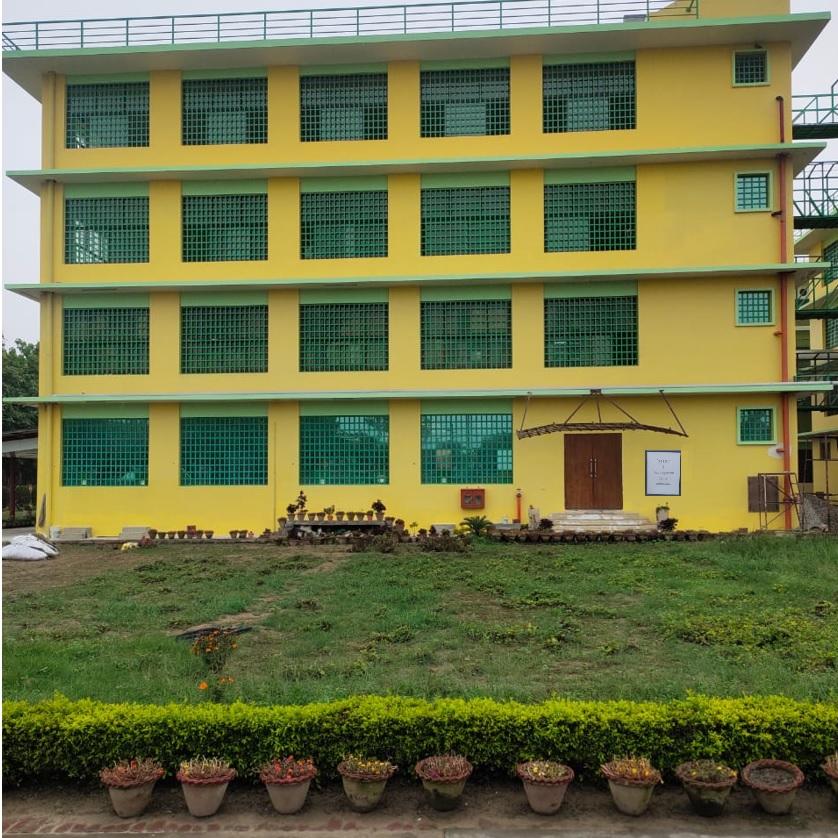
His efforts didn't go in vain as crowning glory for him and company came in the form of being trailblazer in manufacturing disposable drapes for the first time in India.
Not the one to rest on his laurels, his leadership came to the fore during critical period of corona pandemic as he recognised need of the hour to manufacture special drapes and gowns for a large chunk of populace and doctors.
As a matter of fact, the reasons behind his phenomenal success go deep. The foremost reason is his humility and ever-willingness to obey his mentor and seniors.
An instance reveals this aspect of his personality:
Once his mentor Dr DK Chhabra a famous neurosurgeon asked him to go in for manufacturing hydrocephalus shunts on a large scale. As a fact, hydrocephalus shunts are used for treating patients afflicted with hydrocephalus and spina bifida disease; a disease in which cerebrospinal fluid gets logged in the skull. Surgeons use shunts to shunt collected fluid from the skull region to peritoneal cavity. Mostly children fall prey to this disease.
During the 1980s, shunts were scarce. At that point of time, Dr Chhabra depended upon Hydrocephalus shunts for treating patients. What was heart rending for Dr Chhabra was the fact that hydrocephalus shunts were first taken out from skulls of dead persons and then implanted in patients.
Thus as part of "gurudakshina", Dr Chhabra asked him to work out solution to this nagging problem of scarcity of shunts. As it takes two to tango, so the brainstorming session between the two stalwarts ensued. And as an outcome,they veered around the view to manufacture hydrocephalus shunts on a large scale.
Dr Agrawal readily obeyed his teacher. Well-equipped with benign blessings of his teacher, he went on to manufacture shunts. And rest is history. As an adage goes, blessings of guru never go unheeded. Today G Surgiwear is being reckoned among top five manufacturers of hydrocephalus shunts in the world. It dominates 90 percent of market in India. Not only in India, but also company fulfils demands of hydrocephalus shunts in 25 to 30 countries of the world.
What sets him apart from other people engaged in business of manufacturing medical products is that his ignited and inquisitive mind recognises the needs of new technology to treat patients much before the time period it actually forays into public domain. For this, he takes trouble to keep himself abreast of new technological developments happening in both national and international arena. It is no exaggeration to say that he has finger on the pulse of medical equipment's manufacturing industry.
An example bears testimony to it. As is well known, during surgery surgeons have been using cotton cloth for soaking blood/fluid on the wounded or operated part of the body in the past; they have been doing this, quite unmindful of the fact that cotton, after being rubbed on the wounded part, leaves fibres on that place. Fibres thus left in the body often created discomfiture for patients later after surgery.
Dr Agrawal minutely observed this aspect of surgery. And he researched on threads that could befit for his imagined perfect fabric for soaking fluids. After researching, he zeroed in on filament yarn for its being viscose-regenerated cellulose material. He wasted no further time and went in for manufacturing fabric using filament yarn. In 2019-20, the final product saw light of the day and came as blessings in guise for both surgeons and patients all over the country.
As a matter of fact, ULFI fabric, as the name suggests it being ultra low fiber, is super absorbent material with its capacity of soaking fluid/water being 10 times more than any other fabric or cotton. It is not woven. It doesn't require rubbing on the operated part. Surgeons simply put it on wounded part; and it does the needful for both surgeons and patients. Now both surgeons and patients heave a sigh of relief as it doesn't leave fibers on the operated region after soaking fluid.
This is just tip of the iceberg. There are scores of examples pertaining to his inventions that speak volumes about his eagerness to experiment with new technological ideas.
A case in point is the magnesium implant for patients afflicted with bone fractures.
As a matter of fact, research doesn't happen in vacuum. An inspiration essentially nurtures and augments the process of research. So this is exactly what had happened with respect to research on magnesium implant.
As a fact, over the years Dr Agrawal had been observing the ordeal that patients afflicted with fractures and different bone injuries underwent due to treatment of their injuries with different types of plates and screws made of stainless steel and titanium. As these remained embedded inside the body forever, there was pain and discomfort being felt by the patients for a long period. In order to remove these, patient needs another surgery thereby incurring expenses along with risk factors and also post operative discomfort.
Chiefly guided by this discomfiture of patients, he inspired his team of scientists led by senior scientist Nitin Pratap Varma to research on such re-absorbable metals which if used as implant in the body, could be resorbed in the body; and which would disappear from body within 3 to 5 years. His team of scientists, after gearing up painstaking efforts on research, zeroed in on magnesium implant.
His inspiration-driven research registered success as magnesium implant-related animal study was completed with flying colours at two out of three renowned institutions; namely Bareilly-based ICAR--IVRI and Trivandrum-based SCIMST.
At third place, that is at Visakhapatnam-based AMTZ, animal study is at final stage of completion.
As Dr. Agrawal avers, his patient's welfare-centric revolutionary invention will see light of the day within three years.
Explaining the stages of trials in a matter-of-factly manner, Dr Agrawal says that close on heels of getting nod from drug controller general of India for its use in human beings, subsequent trials will be done on them. Dr Agrawal is quite hopeful of the fact that the whole process will be completed within three years ; and magnesium implant will make in- roads to public domain for use by one and all.
As things stand today, for the first time in world, a plate made of magnesium has been implanted into the body of animals. And day is not far off when a large number of patients afflicted with bone fractures would heave a sigh of relief with implanted magnesium plate in place of hitherto-torturous and painful stainless steel and titanium implant.
Dr Agrawal's philanthropic nature and his commitment to social causes are all too evident as this writer chanced upon to visit the institute he set up in fond memory of his revered grandmother late Asharfi Deviji for mentally challenged and destitute children. Inside the institute, one cannot stop his tears rolling down the cheeks after witnessing mentally handicapped children struggling to walk, talk, learn and understand things with ablest instructors paying attention to them for their rehabilitation. For all practical purposes, Dr Agrawal's fervent desire is to rehabilitate them physically, mentally and emotionally so that as grown ups, they could be able to join social mainstream and contribute their mite to society.
It is no exaggeration to say that country in particular and society in general need leaders like Dr Agrawal who are passionate institution builders.

